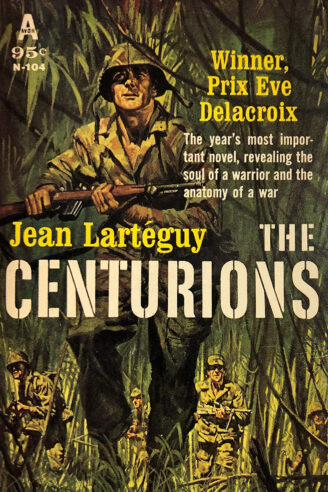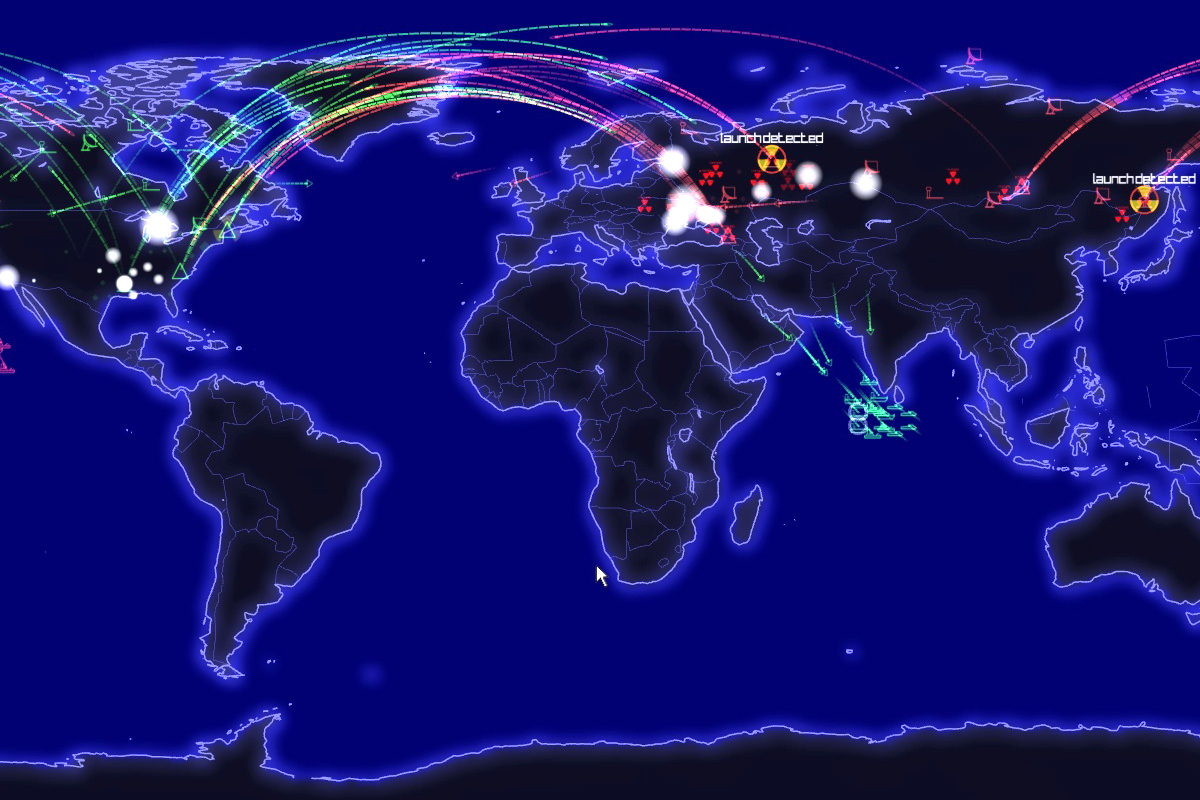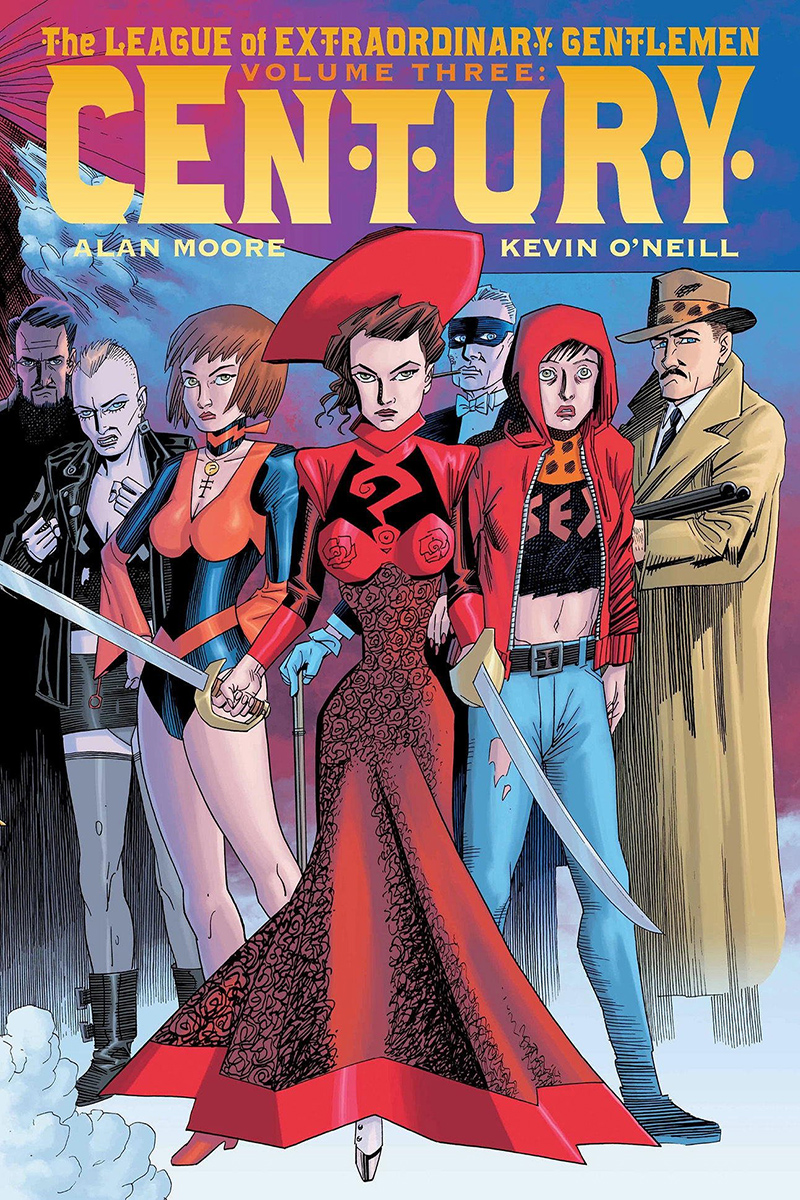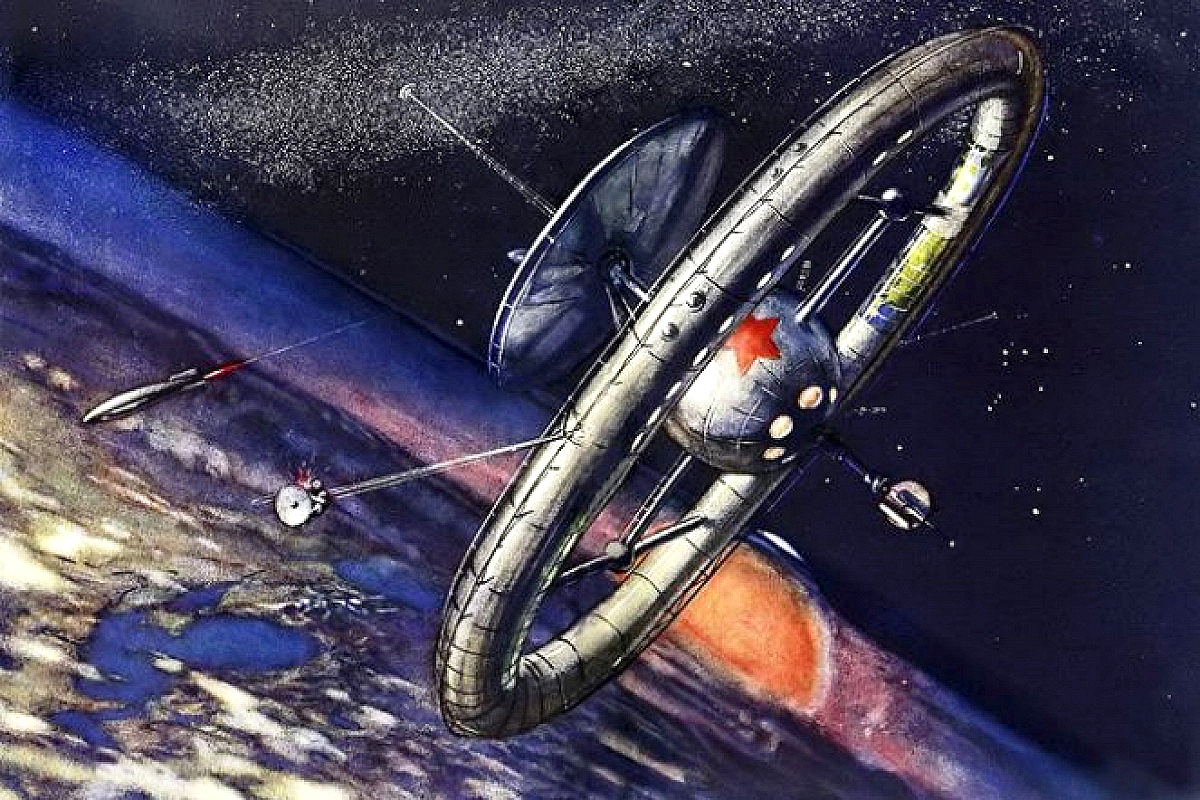For a book that allegedly helped revive the novel in France, The Centurions is not terribly well-known. Not unlike Gillo Pontecorvo’s film The Battle of Algiers, the book has resonated with modern audiences, many in the armed services of various nations, about the nature of irregular warfare. That book is Jean Lartéguy’s 1960 novel about French soldiers in Vietnam and then in Algeria, dealing with the travails that come from fighting the wars of a dying empire.
This is not a thriller. It is a contemplative, oftentimes intimate book. There is a very strong emphasis on what these men have done to acculturate themselves to the savage wars of peace that they have been thrown into. Lartéguy is clear about how they are changed by the experience; an interlude between Vietnam and Algeria, in France itself, has all the men struggling to adapt to civilian life. They do what many aimless veterans do: reenlist.
The most vivid aspect of the Vietnam section is their experience as prisoners of war. The book opens with them being marched by the Viet Minh. This segment is about how people, particularly soldiers, react to captivity. Some collaborate, some try to escape, the funniest thing in the novel is an ardent collaborator who then bails and tries to justify his attempted escape in revolutionary language. It reminded me of Catch-22 in how institutions can have their own logic with at best a tenuous connection to the real world.
The highlight of the Algerian section (none of this is a major spoiler, it’s in the blurb on the back of the copy I read) is seeing the actual counterinsurgency. There is one massacre and an innovative (for its day) depiction of torture. It is an inglorious mess, one that involves lies and double-crossing to a great degree.
For those broadly familiar with the history of France in the twentieth century, The Centurions has a strong undertone of melancholy. Lartéguy’s men are misunderstood at home and alienated from the halls of power in the field. Much is made of one particular failed French expedition and how, in the soldiers’ minds, Paris did not allow them to win. The book has uncomfortable, but appropriate, foreshadowings of Vietnam veterans’ groups in the United States, and even an unpleasant echo of the German Dolchstoßlegende.
For a book written by a white Frenchman in the late 1950s, its portrayal of nonwhite people and women is generally pretty good. Lartéguy explores the conflicted loyalties of an Algerian who fights for the French Army. The Vietnamese, likewise, are not reduced to barbarians and whores. They do bad things, but because they are at war, not because they are Vietnamese. There are a number of literal prostitutes, not for titillation but because soldiers regularly interact with them.
The Centurions is ultimately about what it means to be a soldier in a modern insurgency. (I hesitate to say “about being a soldier” because, as Bret Deveraux has discussed, there is no such thing as a “universal warrior”.) It is about fighting to one’s utmost and then losing it all, because politicians an ocean away have declared it too costly. It is about fighting what Rudyard Kipling in his poem The White Man’s Burden called a “savage war of peace.”
There is much in that poem that would resonate with the characters of The Centurions. Here is one excerpt that I think is particularly relevant:
And when your goal is nearest
The end for others sought,
Watch Sloth and heathen Folly
Bring all your hopes to nought.
There is an ironic reading of this poem that a good friend of mine supports and I have come around to; Kipling talks about how the imperialist can only affect so much change in the conquered, and how all too often it is for nought.
Many in The Centurions would bitterly agree.





